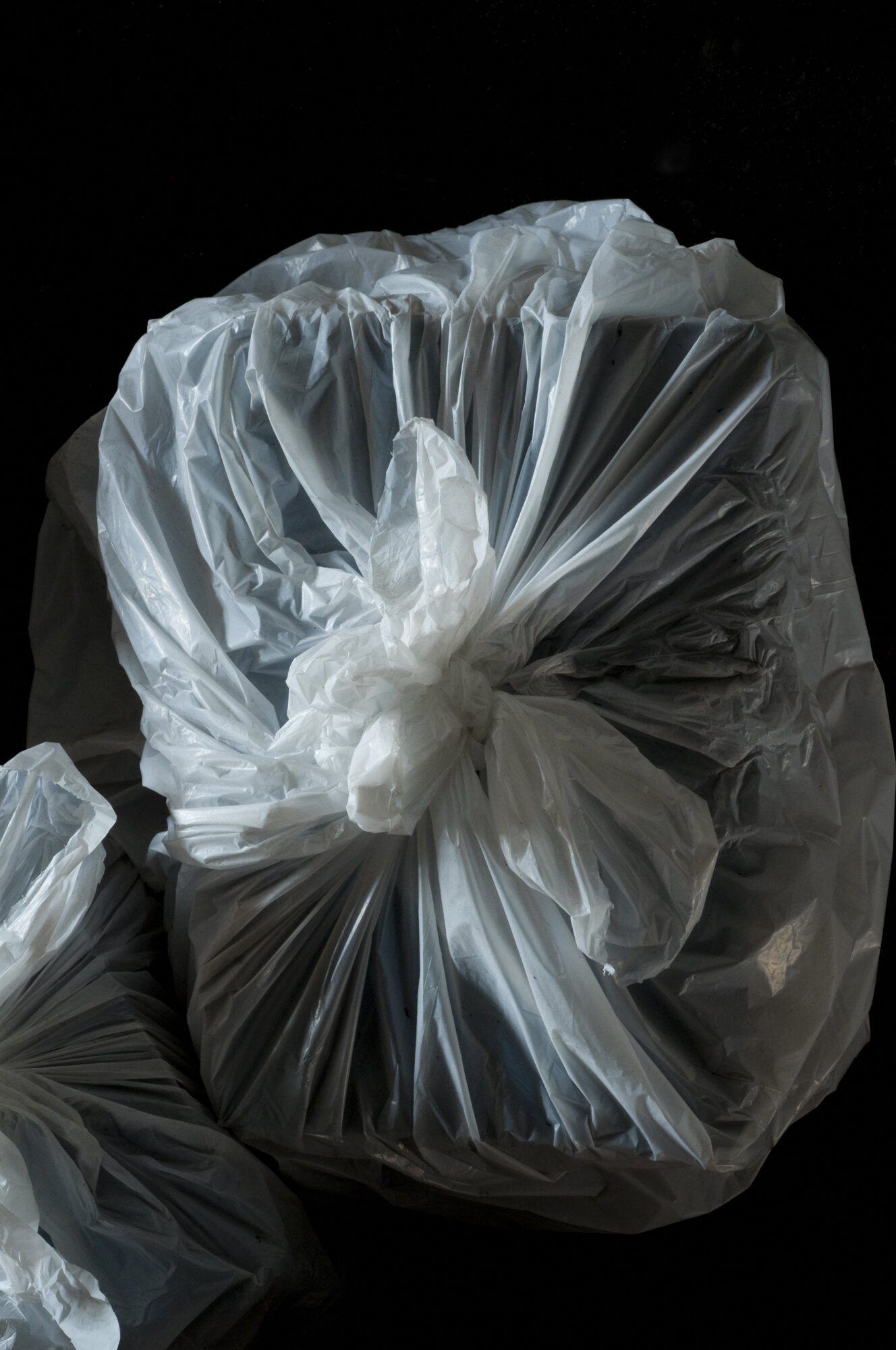Denudation
Denudation documents abandoned objects within libraries. The work references in-situ laboratory style photography—the image as evidentiary document, the print as cold case. The stark, dark photographs test the limits of objectivity and the false consolation of casualness even as, in the tradition of documentary and crime-scene photography, the images aspire to conscientious neutrality.
749.1, 2012. Archival pigment print, 30x20 in / 760x510 mm. Edition of 5
363.75 T, 2012. Archival pigment print, 40x26 in / 1170x660 mm. Edition of 5
378.7342, 2012. Archival pigment print, 30x20 in / 760x510 mm. Edition of 5
159, 2012. Archival pigment print, 21x14 in / 530x360 mm. Edition of 5
When you move away, you see the place you’re leaving, not the place you’re going to. You look at what you will have left behind, the shell of you, the shadow. It is the photograph’s negative.
Mickey Smith’s Denudation images have a haunted quality. They are somber, depicting empty shelves and a closet, a ladder to nowhere, tied off airless garbage bags, and discarded book spines. The Wil to Win is reconsidered.
Ms. Smith’s earlier Volume and Collocations—ebullient portraits of books, individually or in groups and on shelves—were bold and graphic. What made those pictures so effective was subtext, here made explicit—a deeper, darker unseen melancholy or despair.
It is not that these works have a sense of doom or resignation to them. They act like harbingers of some transcendence. An unseen protagonist has moved on and left this behind. Prospero throws down his book and his magic, and leaves the island. Here he has literally just taken it off the shelf, and departed. The flaying or erosion of layers of life, the denudation, yield opportunity and newness.
“To regret deeply is to live afresh,” Henry David Thoreau wrote in 1839. Ms. Smith captures the plaintive and enigmatic and offers it as possibility.
– Prospero’s Shelf by W.M. Hunt, 2012
133.12 S1, 2012. Archival pigment print, 20x30 in / 510x760 mm. Edition of 5
133.12 S3, 2012. Archival pigment print, 20x30 in / 510x760 mm. Edition of 5
135.3, 2012. Archival pigment print, 21x14 in / 530x360 mm. Edition of 5
973.93, 2012. Archival pigment print, 21x14 in / 530x360 mm. Edition of 5
152.46, 2012. Archival pigment print, 14x9.25 in / 360x230 mm. Edition of 5
116, 2012. Archival pigment print, 30x20 in / 760x510 cm. Edition of 5
363.75 N, 2012. Archival pigment print, 40x26 in / 1170x660 mm. Edition of 5
676.32, 2012. Archival pigment print 30x20 in / 760x510 cm. Edition of 5











